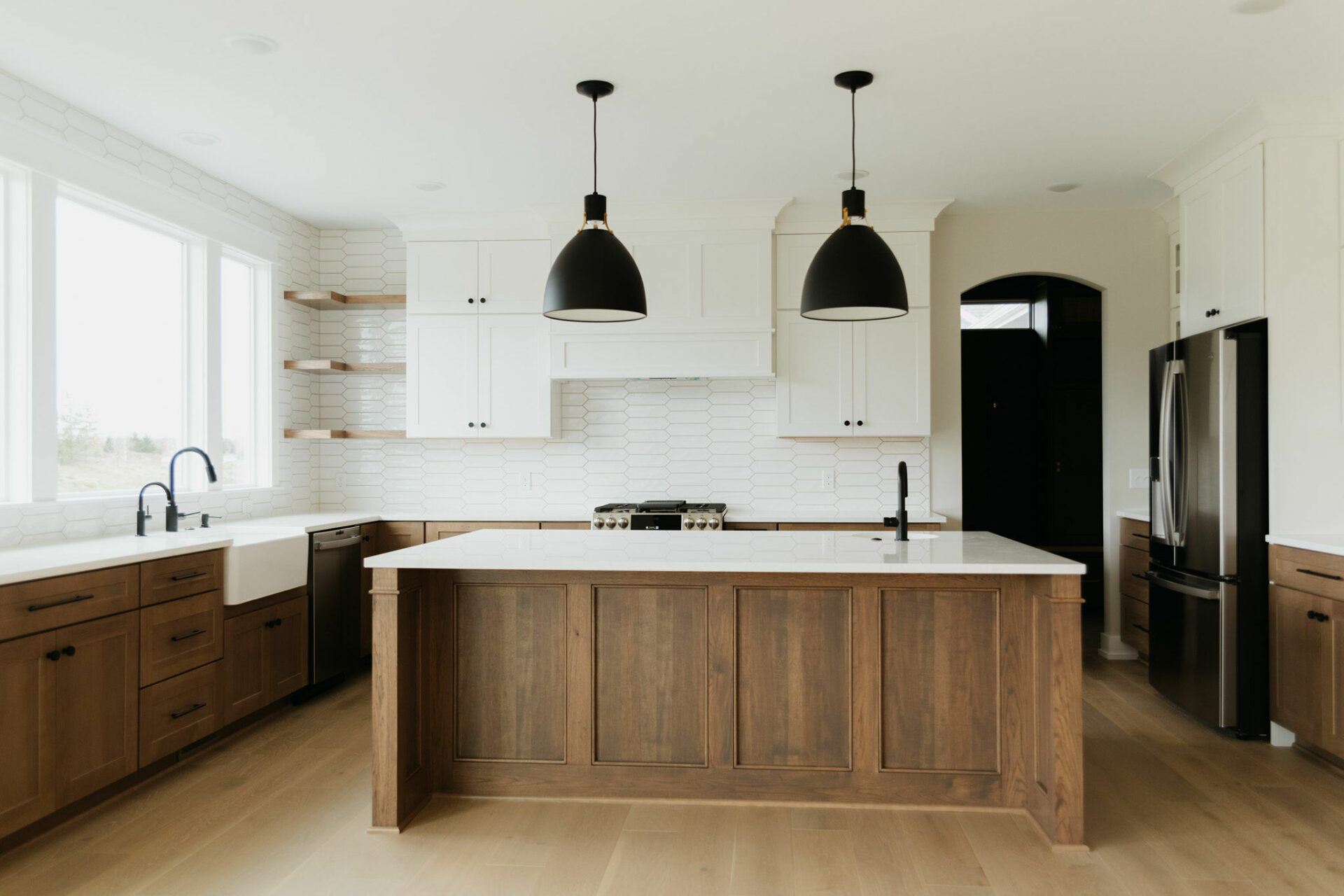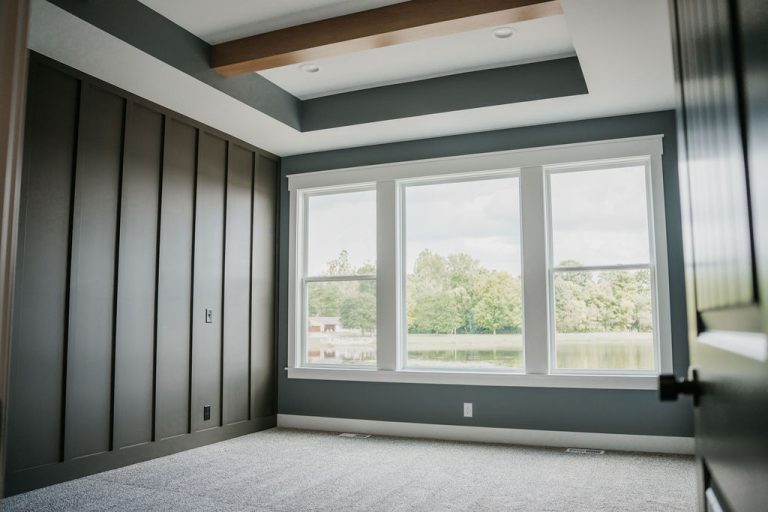Share
The Hidden Costs of Bargain Building: Why Choosing the Cheapest Builder Can Backfire
Selecting a builder for your dream home is a decision that warrants careful consideration. While the temptation to opt for the cheapest builder may seem like a financially savvy move, it often comes with hidden costs and compromises that can turn your dream project into a nightmare. In this blog, we’ll explore why selecting the cheapest builder is often a bad decision.
1. Quality Sacrifice
Cheaper builders may cut corners on materials and workmanship to keep costs down. This compromise can result in subpar construction, leading to costly repairs and maintenance down the road.
2. Unreliable Timelines
Builders offering significantly lower prices may struggle to manage timelines effectively. Delays in construction can result in added stress, inconvenience, and potentially increased living expenses if you’re waiting to move into your new home.
3. Lack of Transparency
Cheaper builders may not provide transparent quotes, leaving room for unexpected costs to emerge during the construction process. Hidden fees and surprise expenses can quickly escalate, straining your budget.
4. Inferior Craftsmanship
Skilled and experienced tradespeople come at a cost. Cheaper builders may hire less experienced workers or cut back on skilled labor, leading to shoddy workmanship and a home that lacks the quality and attention to detail you desire.
5. Limited Customization
Builders offering rock-bottom prices may limit your ability to customize your home. Your dream home should reflect your unique tastes and lifestyle, and choosing the cheapest option may restrict your ability to personalize the design and finishes.
6. Potential Legal and Regulatory Issues
Some builders may undercut costs by taking shortcuts in compliance with building codes and regulations. This can result in legal issues, fines, and even the need for costly corrections to meet safety standards.
7. Higher Long-Term Costs
What seems like a cost-saving measure upfront may translate into higher long-term costs. Poor insulation, inefficient energy systems, and low-quality fixtures can lead to increased utility bills and maintenance expenses over the years.
8. Limited Warranty and Support
Cheaper builders may offer limited warranties or lack a comprehensive support system. This means that if issues arise after the construction is complete, you may find yourself without the necessary support to address problems and defects.
9. Unreliable Communication
Building a home is a collaborative process that requires effective communication between you and your builder. Cheaper builders may lack the communication infrastructure needed to keep you informed and involved throughout the project.
In conclusion, while the initial cost of choosing the cheapest builder may seem appealing, it often comes at the expense of quality, reliability, and long-term satisfaction. Investing in a reputable builder who prioritizes craftsmanship and transparency may initially cost more but pays off in the form of a well-built, customized, and stress-free dream home. Remember, when it comes to building your future, quality should always take precedence over a bargain.




